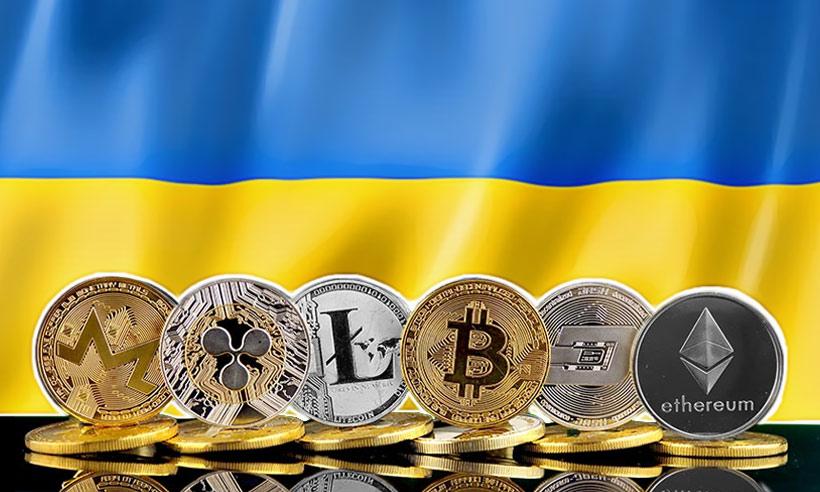Feb 25, 2022
Crypto Market Plunges As Russia Attacks Ukraine
.
Disclaimer: The views and opinions expressed in this article are for informational purposes only and do not constitute financial, investment, or other advice. Investing in or trading crypto assets comes with a risk of financial loss.
Meghna is a graduate of the Indian Institute of Journalism & New Media specializing in Print Journalism. She is currently working as a content writer for Agio Support Solutions Pvt. Ltd. She aims to provide quality content and strategy in the field of cryptocurrency and work with digital marketing platforms to deliver brand-specific strategies.
